The US income tax system has earned an appropriately notorious reputation.
Each year around this time, Americans go through the unpleasant tradition of gathering up their paperwork, transferring numbers from one set of government forms to another, and answering countless obscure questions–all to determine just how much of their hard-earned money is going to be taken by the government this time around.
For most of us, it’s an experience that ranks right up there near going to the dentist. (And upon writing it, I fear this comparison might be unfair to the dentists.)
Fortunately for us, a whole industry of accountants has sprung up to help us navigate this onerous tax system. Less fortunately for us, these same accountants and companies also lobby to ensure the tax system stays at least as irritating as it is today.
Welfare for Accountants
There are many compelling reasons to criticize the US income tax system–from the way it discourages productive behavior to the many carve-outs and exemptions it offers for special interests. However, one troubling aspect of it often gets overlooked. The convoluted nature of the system serves as a massive make-work program for accountants.
Since my own background is in accounting, I can say this with some confidence. Unlike most areas of accounting, the tax system is basically devoid of any unifying principles. Understanding the intricacies requires not reason or common sense, but rote memorization and research. This makes the process uniquely time-consuming and highly inaccessible to anyone outside the field. It also creates a huge need for the tax preparation industry to fill.
Of course, the tax accountant does provide value of a sort when they help someone navigate the labyrinth of the tax code. Hopefully, they will prevent the person from overpaying and make the process less burdensome than it otherwise would be.
But notice that the high burden of filing taxes only exists because government made it so. The tax preparation industry helps people more easily jump through hoops that government created. It goes without saying that we would be better off if the hoops didn’t exist in the first place.
In this way, the complex income tax system should be viewed as another in a long line of make-work programs. It diverts time and resources from value-creating activities into a useless compliance exercise mandated by the government, making us poorer in the process.
A Government Solution to a Government Problem?
The major possible solutions to this unpleasant situation are as follows, in order from most desirable to least.
- Repeal the income tax entirely
- Simplify the tax code
- Have the government pre-fill returns to ease the compliance burden
While option 1 is ideal, it’s not likely to be politically viable in the near future. Similarly, option 2 is difficult politically because it requires taking on, individually, all the special interests that lobbied for carve-outs and exemptions that make the tax code complicated to begin with. Given the present polarization of US politics, this is not likely to prove successful either. Instead, it’s more likely to play out like President Trump’s budget proposal, where even entirely sensible proposals were framed roughly as the first signs of an austerity apocalypse.
That leaves us with option 3. It’s far from optimal, but I submit it’s still an improvement over the status quo.
The idea here is that the IRS already collects a lot of information on taxpayers–wage information from their employers, interest paid and interest earned from banks, and so on. For many taxpayers with simple financial structures, this is all the information needed to calculate one’s taxes. It follows that the government could simply fill in this information beforehand and send taxpayers a pre-filled version, thereby reducing the burden of filing taxes. The taxpayer could then make adjustments as necessary, fill in extra details, and submit a final version.
As long as using the pre-filled version was voluntary, no taxpayer would be made worse off by this set up. After all, it’s already the case that the IRS decides whether individual tax returns are calculated correctly. And individuals could still prepare returns from scratch or consult their local tax preparer for assistance if they wanted to double check or had a particularly complicated year.
The individual saves time and frustration, and the government is doing the same things as it was before. The only group that clearly loses here is the accountants that were benefiting from a make-work scheme and now have less demand for their services. But this is a feature, not a bug. The government shouldn’t be in the business of creating useless tasks for people to complete.
The Accountants Strike Back
Given the winners and losers of this proposal, you may not be surprised to the learn that the tax preparation industry has lobbied against any such reform.
The opposition is framed in terms of protecting the taxpayer from the IRS overstating their obligations. But again, the IRS is already calculating taxpayer obligations–that’s the reason it collects the other information in the first place. So it’s not obvious why this would be worse for taxpayers than the status quo, provided the system was voluntary.
Indeed, the tax preparers’ opposition to a voluntary model is somewhat telling on its own. If the tax preparers were really providing value to all of these taxpayers–that is, beyond facilitating basic data entry–then they would have nothing to fear from these proposals. Taxpayers would still be coming to them if they were getting valuable advice on tax planning or insights on deductions.
Instead, the tax preparers fight a pre-filled option–perhaps because they know that most of their customers don’t actually need them.
Conclusion
For millions of Americans, the annual income tax filing process is irritating and redundant. In many cases, they pay a tax perparer to submit information the IRS already has, to calculate a number the IRS will determine anyway. For taxpayers, it’s a cost that doesn’t need to exist. And for the economy at large, it’s a classic make-work project that diverts productive efforts into useless endeavors.
It’s not the biggest flaw in the income tax system by any means, but it’s a problem worth addressing. It’s time to end welfare for accountants.










